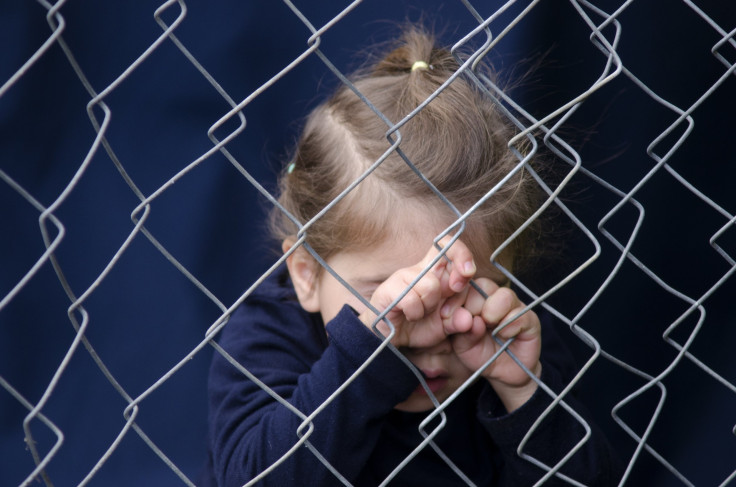UNICEF Report On Rape And Violence Shocking, But Also Suggestive Of Global Move Toward Peace

On Thursday, UNICEF released a report on worldwide sexual and physical violence against children and teens, which painted an unfortunate and quite depressing image of the modern day youth’s life. The report revealed that one in every 10 girls around the world is sexually abused and 95,000 young people were murdered in 2012. These numbers, although saddening, may also be suggestive of a more positive underlying: Humanity is actually becoming less violent.
The UNICEF report, titled, Hidden in Plain Sight, is based on information from 190 countries. A recent press release describes it as the largest-ever compilation of data on violence against children. In the report, we learned that each year 120 million girls get forced into intercourse or other sexual acts before the age of 20. This sexual violence was not limited to young girls. For example, 18 percent of young men interviewed in Kenya recounted being victims of sexual violence before the age of 18.
Additional statistics on acts of violence against children and teens provided in the report included: six out of every 10 children between the ages of 2 and 14 are subjected to physical punishment by their parents or guardians, a quarter of the world’s population of females between the ages of 15 and 19 report being victims of some form of physical violence, and one in three children aged 13 to 15 reports being regularly bullied in school. The report went on to explain how these acts of violence against children are “detrimental to all aspects of a child’s growth … with sometimes lifelong repercussions,” and UNICEF’s executive director explained that the violence “cuts across boundaries of age, geography, religion, ethnicity, and income brackets,” BBC reported.
As unsettling as these figures are, from a statistical perspective, they point to an actual decrease in overall global violence. Steven Pinker, an American linguist and author, wrote an essay adaptation from his book, The Better Angels of Our Nature: Why Violence has Declined for The Wall Street Journal, where he described civilization’s slow yet steady journey toward peace. “Violence has been in decline for thousands of years, and today we may be living in the most peaceable era in the existence of our species,” explained the author.
Pinker credits the reasoning for this decline to a number of things, including the rise of “the state” and its organized police force, commerce valuing strangers as potential trade partners rather than dangerous enemies, and the expansion of the human race’s overall scope of knowledge. Although Pinker explains that this decline from violence is not guaranteed to continue, perhaps with a bit of recognition of our faults and combined effort to amend them, it can.
Published by Medicaldaily.com



























